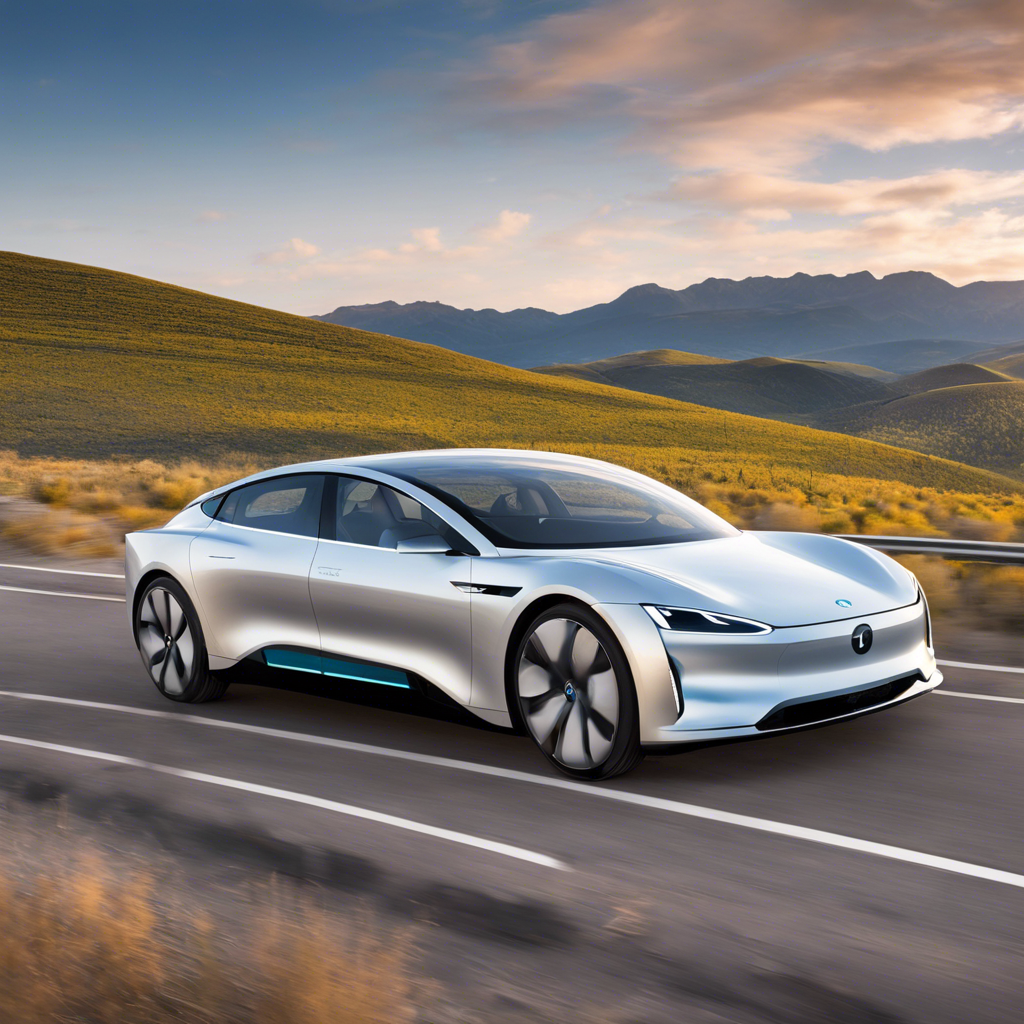The electric car revolution is well and truly upon us, and the future looks bright for these eco-friendly vehicles. With each passing year, we see more and more electric cars on the road, and it’s clear that they’re here to stay. But what exactly does the future hold for this innovative technology?
In the coming years, we can expect to see continued advancements in battery technology, which will result in longer ranges and faster charging times for electric vehicles (EVs). This will address one of the main concerns currently holding back wider adoption – range anxiety. The expansion of charging infrastructure is already well underway, with an increasing number of charging stations popping up across the country, making it more convenient for drivers to keep their electric cars charged.
Cost is another factor that will influence the future of electric cars. As battery technology becomes more efficient and production scales up, prices will continue to drop, making EVs more affordable for the average consumer. This, combined with government incentives and subsidies, will further accelerate the shift towards electric mobility.
The design of electric cars is also evolving. We’re already seeing more sleek and aerodynamic models hit the market, doing away with the clunky and unconventional designs of the early days. This trend is likely to continue, with manufacturers experimenting with new materials and styles to create EVs that are not just environmentally friendly but also aesthetically appealing to the masses.
Autonomous driving technology is also set to play a significant role in the future of electric cars. Many EVs already feature advanced driver-assistance systems, and fully self-driving cars are on the horizon. This combination of electric power and autonomous capability could revolutionize the way we think about car ownership and transportation as a whole.
In addition, the integration of smart technology and connectivity will become standard in electric cars. Expect seamless smartphone integration, over-the-air updates, and personalized driving experiences tailored to individual preferences. This will not only enhance the driving experience but also open up new possibilities for in-car entertainment and services.
The environmental benefits of electric cars cannot be overstated. With zero tailpipe emissions, they offer a cleaner and more sustainable mode of transportation. As concerns about climate change and air quality continue to grow, we can expect more consumers to make the switch to EVs, driven by a desire to reduce their carbon footprint.
The future of electric cars is also intertwined with the development of smart cities. As urban centers become increasingly connected and efficient, electric mobility will play a key role in reducing congestion and improving air quality. This will likely lead to policies and incentives that favor electric car ownership and infrastructure development within these cities.
Finally, the expansion of electric car technology will have a significant impact on the automotive industry as a whole. Traditional automakers are already investing heavily in EVs, and we can expect to see a wave of new start-ups disrupting the market with innovative designs and business models. This healthy competition will ultimately benefit consumers, driving down prices and pushing the boundaries of what electric cars can offer.
